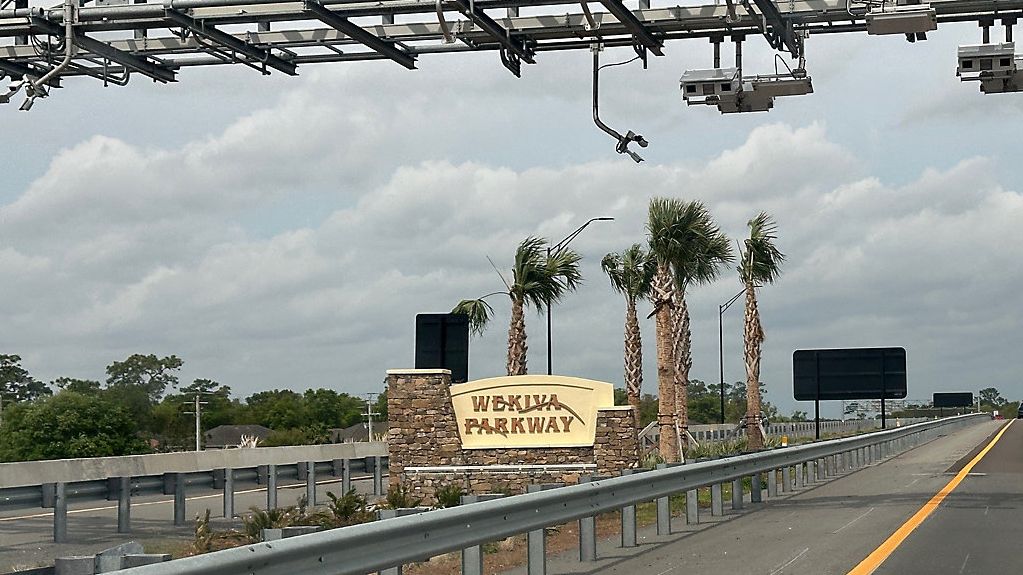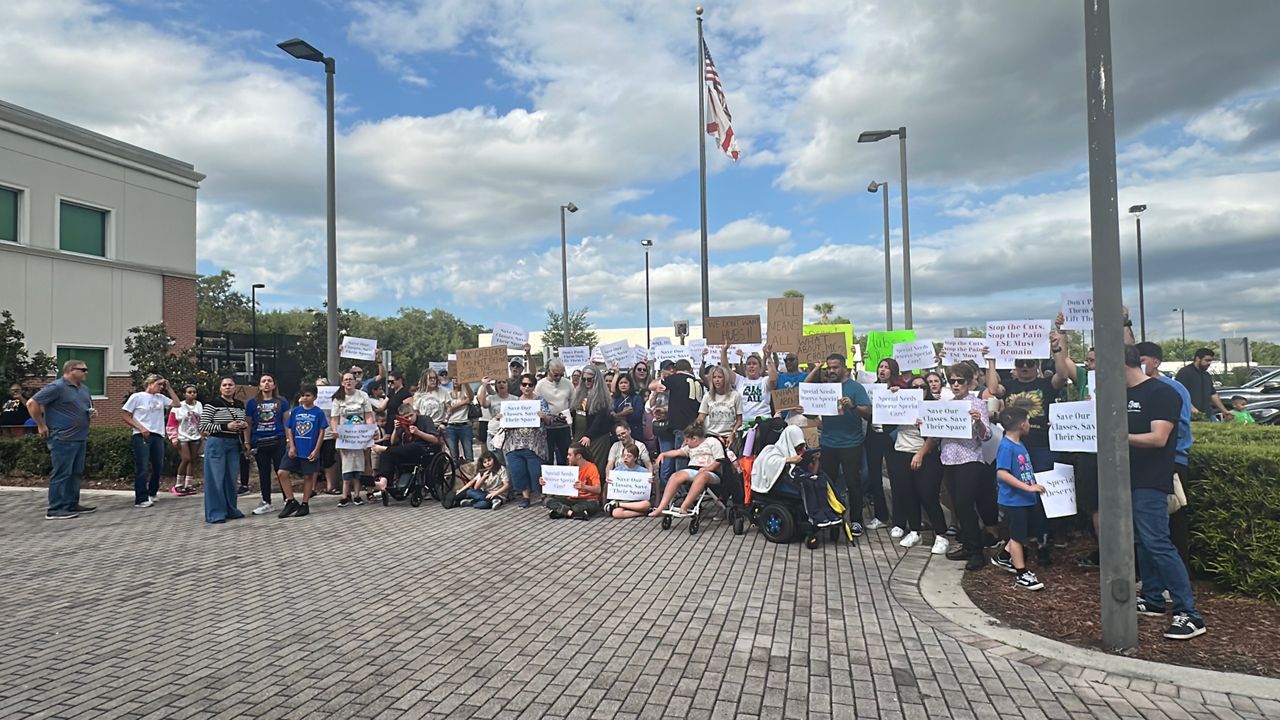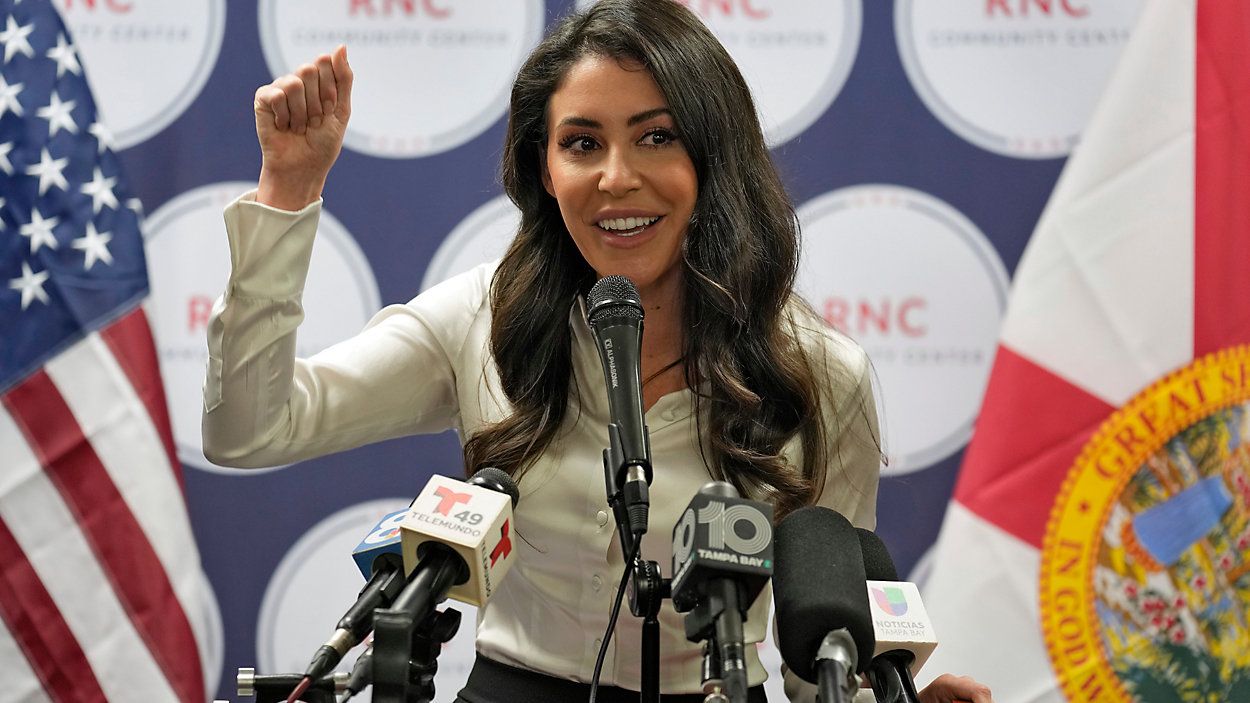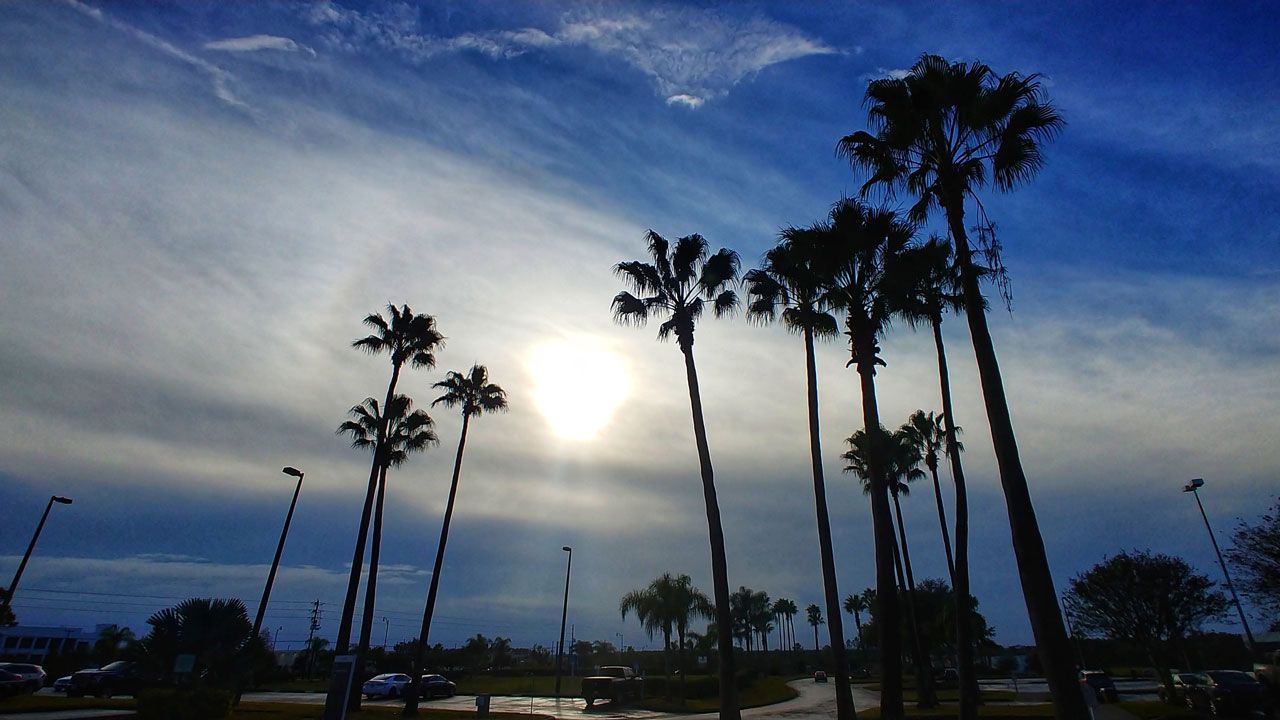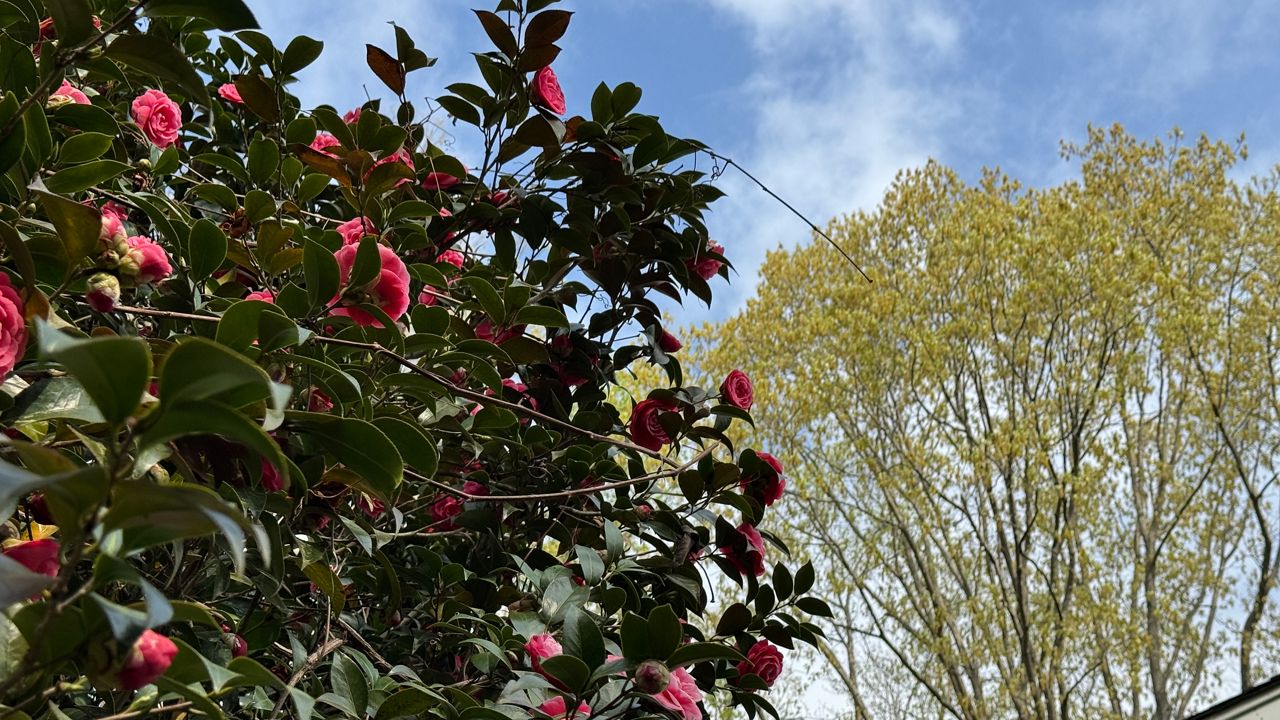ORLANDO, Fla. — On Monday afternoon a mobile app that allowed migrants to make appointments to be admitted into the U.S. was shut down by the Trump administration.
The CBP One app was launched under the Biden administration as a way to curb people crossing the southwest border illegally to request asylum.
The app allowed undocumented people to submit information and schedule appointments at eight southwest border ports of entry.
But just hours into the first day of President Donald Trump in office, the app showed a message indicating the app was no longer available for that purpose and existing appointments had been canceled.
Users who logged in on their cell phones or the website saw the message indicating the change starting on Monday.

A message present on a login screen for the CBP One program. (Spectrum News)
Bryan Hidalgo, immigration attorney at Colombo & Hurd law firm in Orlando, talked about the implications of this action.
“With the CBP app being closed down, what this does is now halt any applications that were pending, any interviews that were pending or now canceled,” he said. “And it makes it difficult for individuals to now seek asylum at the border. And any individuals who have been arriving at the border are now, you know, what’s going to happen is going to facilitate the removal process.”
Applicants at the border were told tens of thousands of appointments that were scheduled into February were canceled.
Former Barry University professor and constitutional law expert Terri R. Day said the future of some of the executive orders signed by the president can be uncertain as they can be challenged in court.






